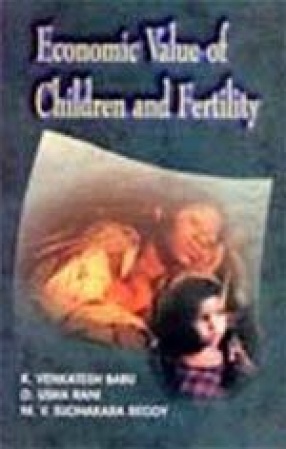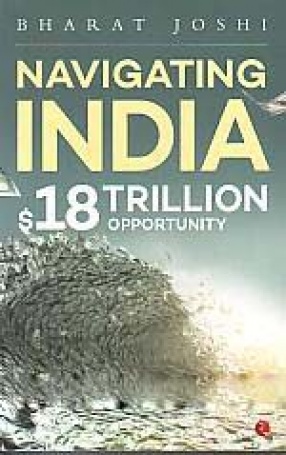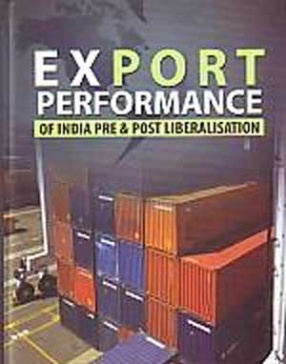India exhibits substantial variations and differentials in reproductive preferences and demographic behaviour. One major factor that underlies the reproductive preferences of Indians is the economic value of children. The value of children is a new research area, very important in the general area of determinants of fertility particularly micro level determinants. Value of children is not the exclusive domain of a single discipline. It is associated with a number of disciplines-economics, sociology, demography and psychology. In developing countries like India, economic motivations influence the decisions to have large number of children. The economic value of children has two principal components: the net contribution the children make to the family’s income through their labour and contribution they make later in life to the support of the aged parents, in other words, labour value of children and old age security value of children. Parents in the developing countries desire large families for good and valid economic reasons, and not because they are ignorant of how to avoid having children or acting under uncurbed passion or from blind adherence to traditional cultural norms. Where children are economically useful and cost of raising them is insignificant, it is very common for the parents to have large families. When child labour makes considerable contribution to family income and when parents are dependant on the children for protection and security in old age, there will be few incentives to reduce fertility no matter what the social cost of rapid population growth. The present book examines the economic value of children and its influence on fertility behaviour extensively.
Economic Value of Children and Fertility
In stock
Free & Quick Delivery Worldwide
reviews
Bibliographic information
Title
Economic Value of Children and Fertility
Author
Edition
1st Ed.
Publisher
ISBN
8171416519
Length
xii+188p.
Subjects






There are no reviews yet.